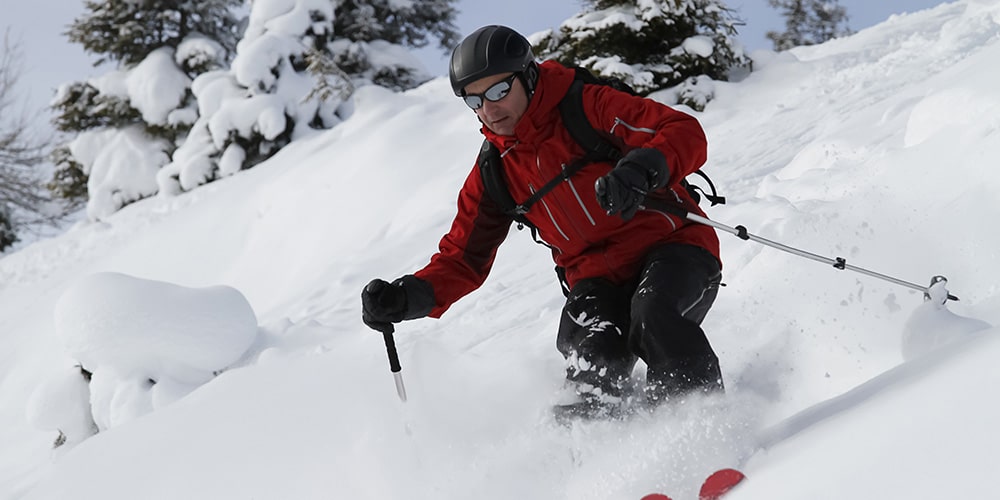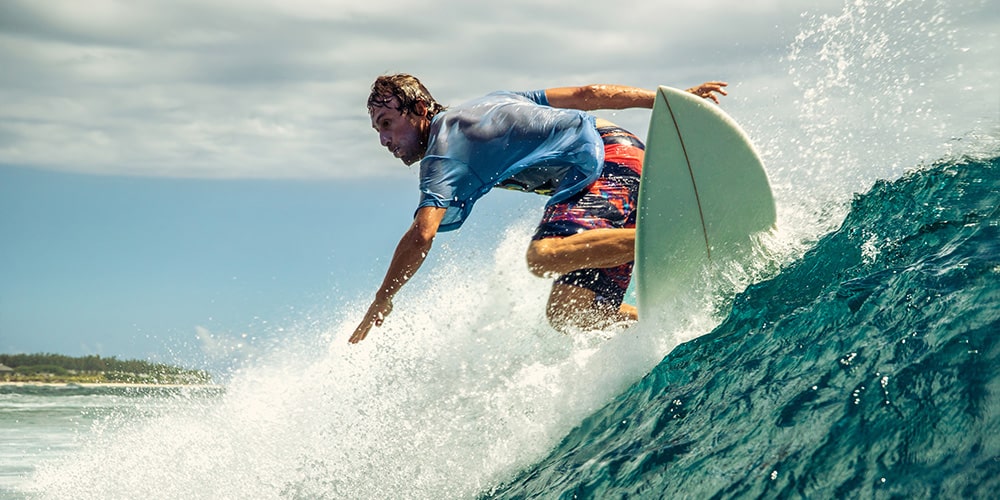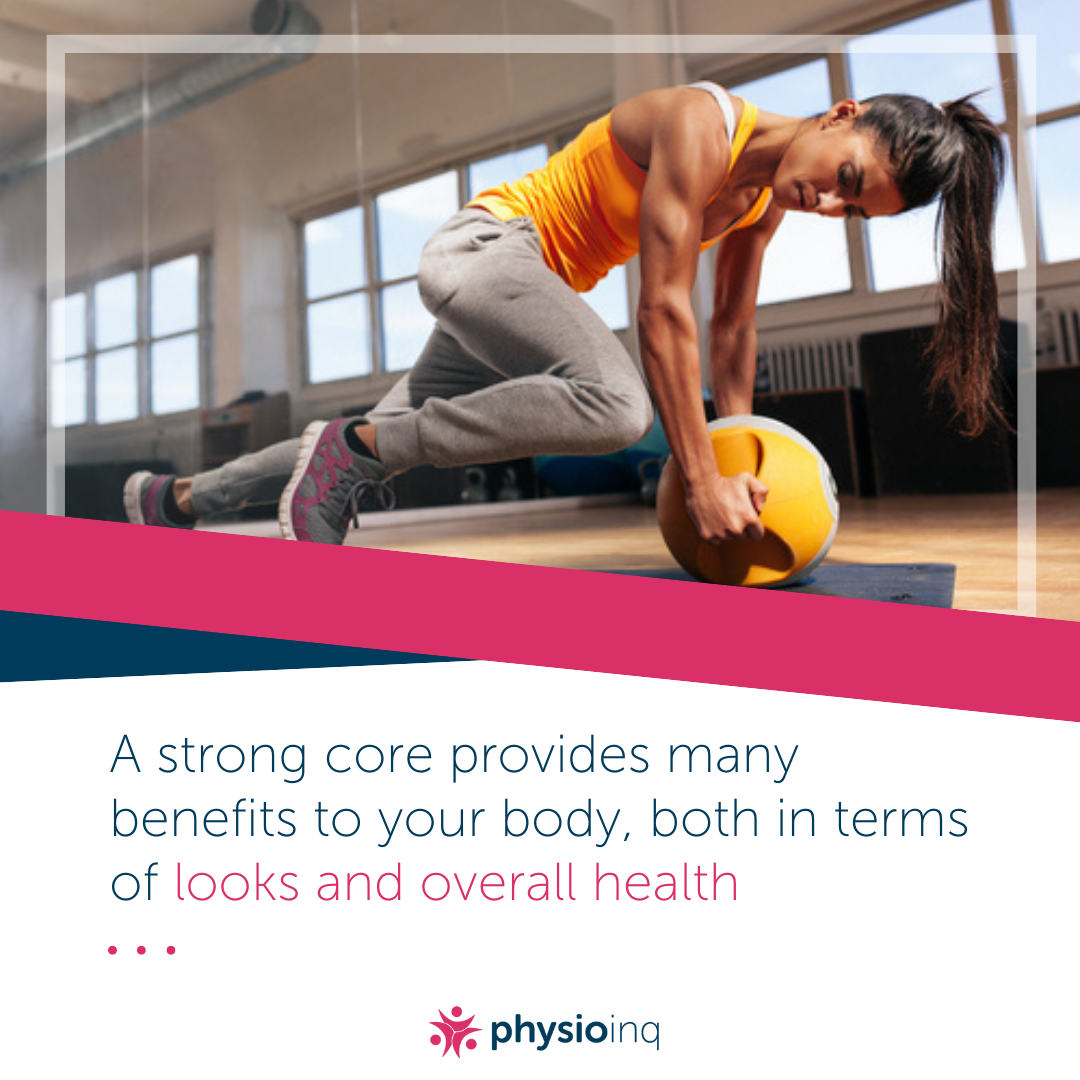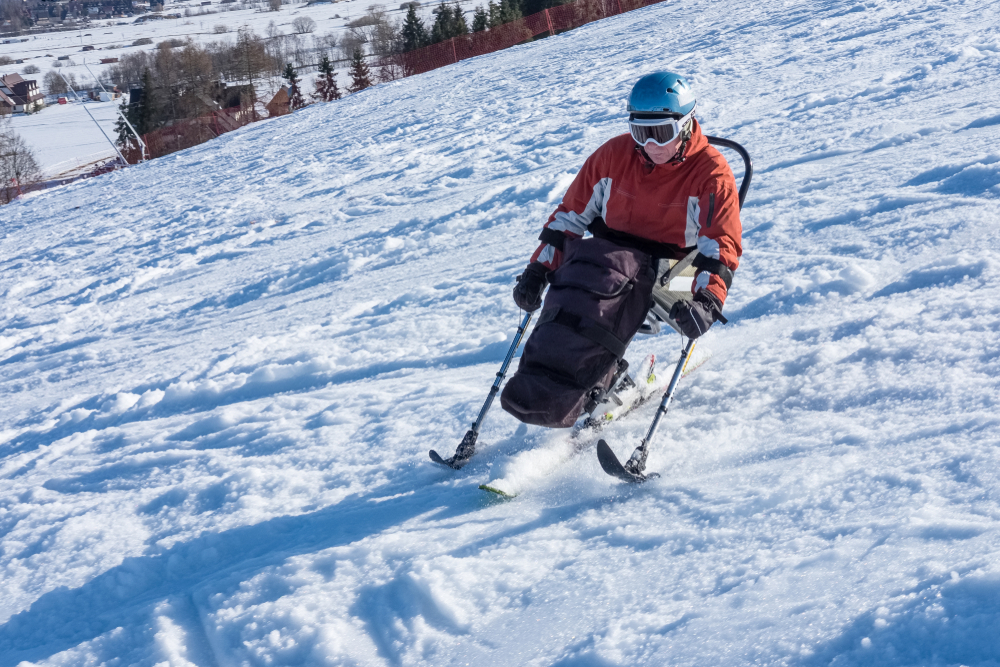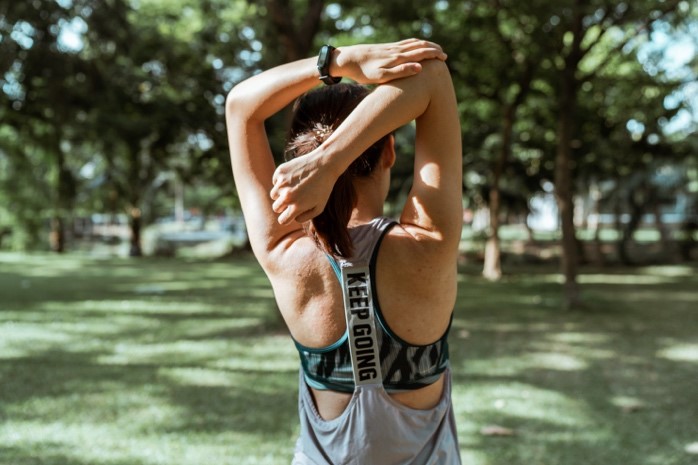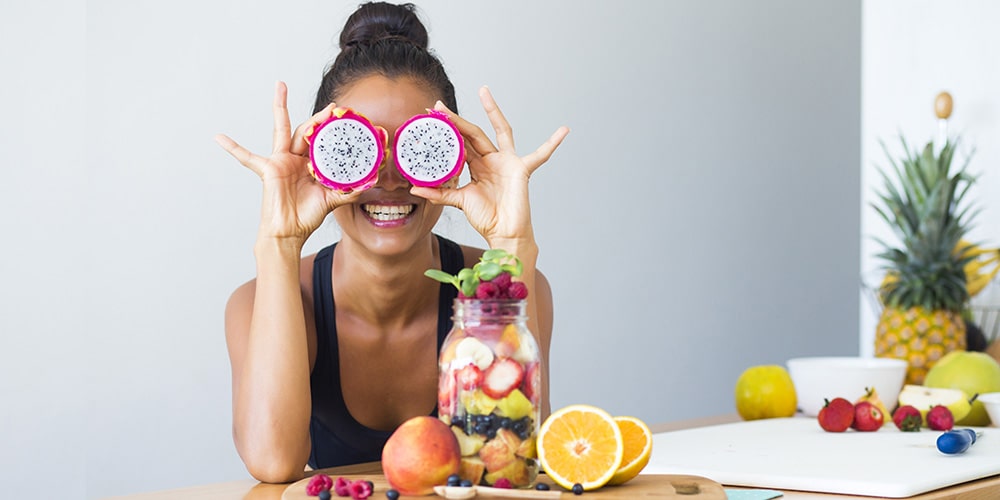Make an Appointment
You may not have learned much about food groups at school, but when you’re a competitive swimmer the correct balance in your diet is crucial. What you eat before, during and after training makes a big difference to your performance.
Here are some basic guidelines to get you started on an Eat to Win diet:
General nutrition
Competitive swimmers need a diet that includes plenty of carbs to provide a constant source of energy. The best types of foods for this are whole-grain bread, whole wheat cereals like Weetabix, oats and muesli, brown rice and pasta.
You also need fat-free protein to build-up and repair your muscles. This means lean meats - especially chicken and fish - especially tuna, mackerel and salmon that provide beneficial omega fish oils.
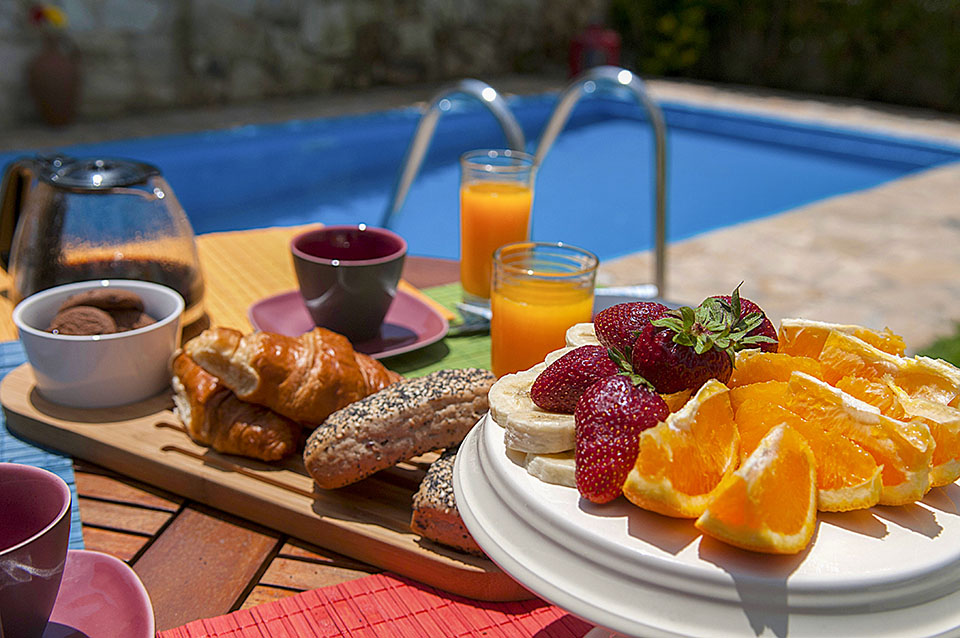
Dried beans
In addition, you can eat eggs and low-fat dairy produce and legumes, the other great source of low-fat protein. Legumes is the fancy name for dried beans like lentils, red kidney beans, chick peas and a whole rainbow of green, orange, white and black beans etc.
And you should eat lots of fruit and vegetables to get important vitamins and minerals. Fruit and veg strengthen your immune system and provide healthy fibre and important anti-oxidants.
Before a swim
About 1 – 2 hours before you swim have a light meal or sports bar that’s mainly carbs. Remember that whilst you’re in the water you still sweat and lose fluids, so drink plenty of water or a sports drink that’s specially balanced to replace vital minerals.
During a competition
On race day, eat several light snacks to keep up your energy and glucose levels throughout the competition. Good snacks include sports energy bars, whole-wheat bread, fruit and dry cereal. You need to digest food completely before you swim, so don’t eat too close to a race.
After a Swim
There’s a very short glycogen recovery interval of 10 – 15 minutes that you shouldn’t miss and this is another important time to drink a sports recovery drink. Then eat a good mix of protein and carbs to repair muscle tissue and replace glucose.
Every person has different nutritional needs and before you come up with the perfect diet, you should spend some time experimenting to discover what work best for you.
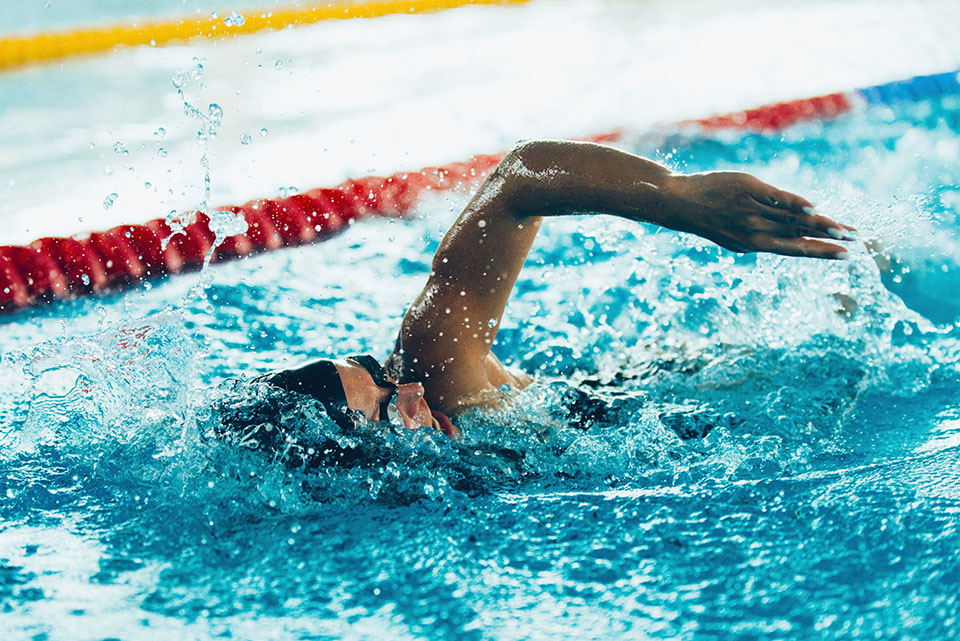
Date Published: Thursday, November 9, 2017
Need to get into direct contact with ur Client Services team? We're all ears. Call our team directly on 1300 731 733

